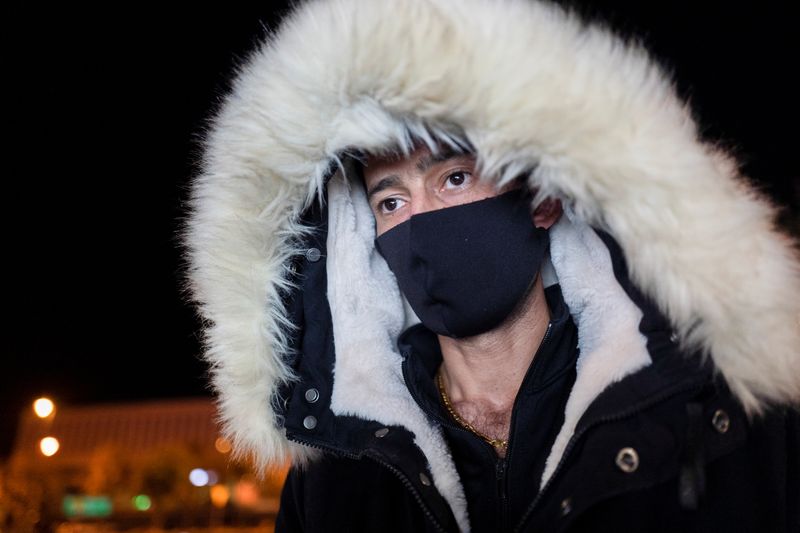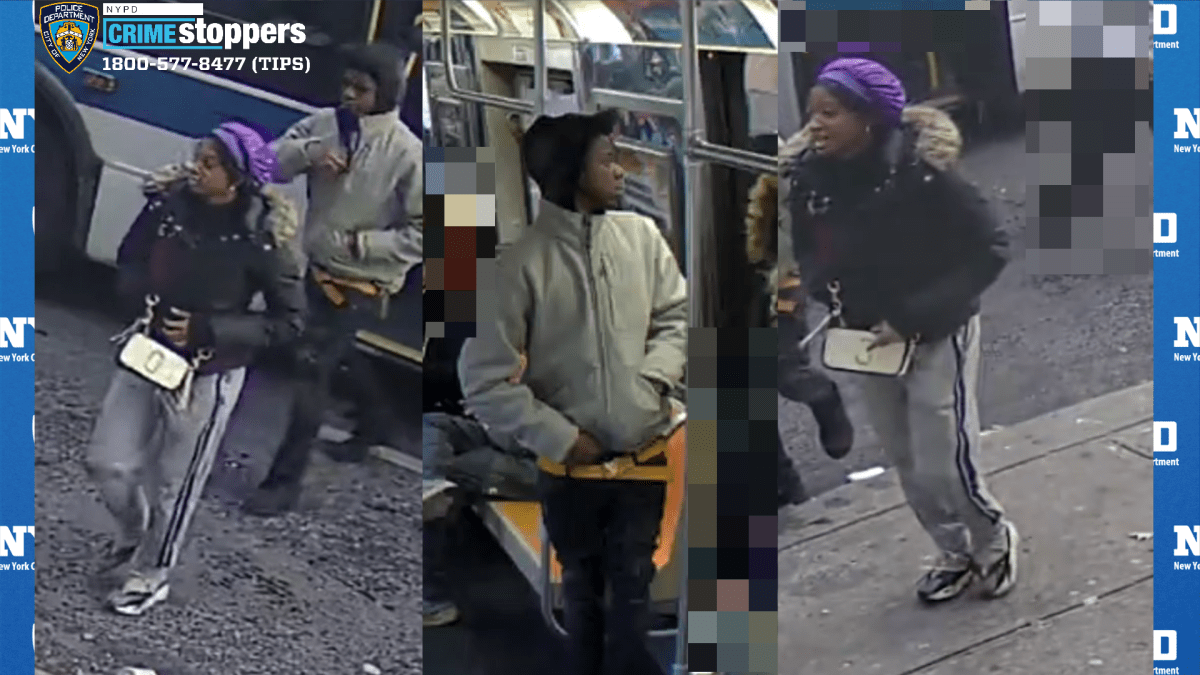SIEMIATYCZE, Poland (Reuters) – Gordi, a Syrian Kurd who lives in Austria, says his parents are trapped in forest between the Belarusian and Polish borders with little food or water and he has journeyed to Poland in a desperate bid to rescue them, despite the risk of arrest.
His parents are among thousands of migrants from the Middle East and Africa seeking to enter Poland, part of the European Union, from Belarus but face a new Polish razor wire fence erected by Warsaw under a state of emergency.
The EU says the migrant flow has been orchestrated by Belarus in retaliation for sanctions imposed on Minsk over human rights abuses. But humanitarian groups accuse Poland’s ruling nationalists of violating the international right to asylum by pushing migrants back into Belarus instead of accepting their applications for protection. Poland says its actions are legal.
Gordi, now staying at a hotel in the eastern Polish town of Siemiatycze, 30 km (19 miles) from the border, is one of a handful of relatives of stranded migrants that have gathered near the frontier in hopes of shepherding their kin to safety.
Gordi said he bought tickets for his parents to fly from Syria to the Belarus capital Minsk in mid-October. In arranging their trip, he said he understood a smuggler would pick up his parents from the border and bring them to his home in Austria.
But when his parents reached the isolated, rural frontier overland from Minsk and tried to cross, his mother suffered a leg injury. Communicating with his parents via text and voice messages, Gordi said he learned his mother was taken to a nearby Polish hospital but was signed out without proper treatment and pushed back with his father across the border into Belarus.
A spokesman for the hospital said patients could not be signed out before treatment is completed but did not comment on the case of Gordi’s mother due to patient confidentiality.
TRAPPED IN OPEN AS WINTER APPROACHES
Gordi showed Reuters video of the forested area where he said his parents were marooned along with around 300 other migrants, with winter cold setting in.
The video, sent by one of roughly 300 migrants there, showed what he said appeared to be two dead bodies. Reuters could not independently verify the footage or information Gordi provided.
“My mother sometimes refuses to speak to me,” Gordi said, adding that she preferred to write to him so he does not notice the exhaustion in her voice.
At least seven migrants have been found dead inside Poland from exposure and other ailments during the crisis, officials say.
Gordi said he had tried to approach the border but was turned back several times by police on the lookout for smugglers paid by migrants to be driven across Poland to Germany.
“Even if they stop me, there simply can’t be a law anywhere in the world that forbids you to help your parents,” he told Reuters near his hotel. Gordi spends every waking moment talking to local media and humanitarian groups looking for a solution.
Gordi himself was once a migrant: he settled in EU member state Austria in 2010 after a journey through Turkey, Bulgaria, Romania and Hungary, and now works as a barber.
Polish activists told Reuters they advised Gordi not to enter the restricted state of emergency zone, a three-km-wide strip along the frontier where he could face arrest or fines.
Human rights lawyers said he could face smuggling charges in Poland if caught with his parents.
A spokeswoman for Poland’s Border Guard said anyone wishing to visit their family abroad should do so through “legal means, ideally…where the family resides”. Those crossing a border illegally are detained and face legal procedures, she said.
Belarusian authorities did not respond to a Reuters request for comment on conditions at the border.
(Reporting by Joanna Plucinska, Charlotte Bruneau and Kacper Pempel with additional reporting by Pavel Polityuk in Kyiv; Editing by Mark Heinrich)


























